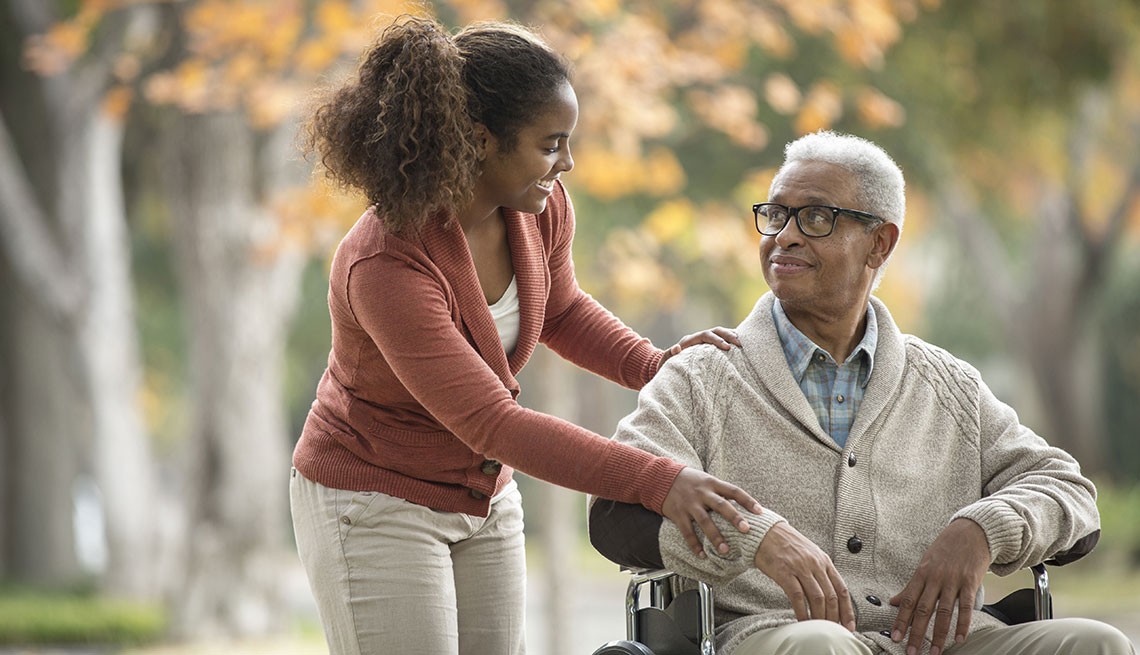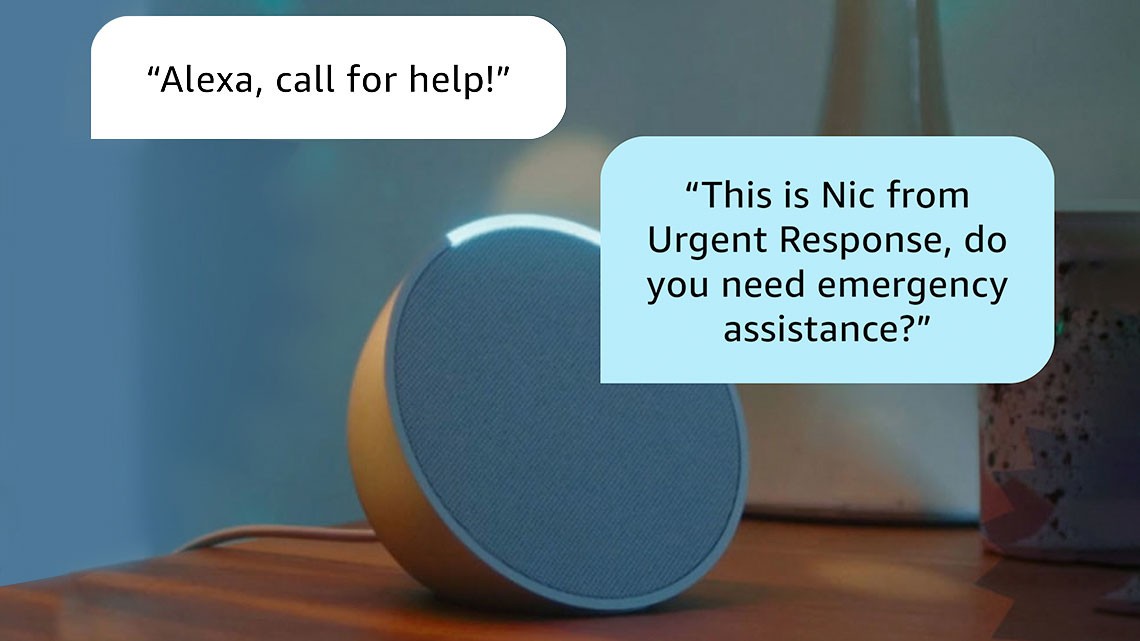Staying Fit


Adult day care programs can provide caregivers with a needed break while giving older people a chance to socialize with their peers and alleviate the isolation and loneliness that many experience.
Although traditional community senior centers can be a great place for relatively healthy older people to exercise or take classes, adult day care centers serve those with physical or cognitive disabilities who may need more supervision and services. More than half of older attendees at adult day care facilities have cognitive impairment, such as dementia, according to the National Adult Day Services Association (NADSA), an industry group.
Evidence shows that older people who attend these centers have a better quality of life. A 2017 review of research on adult day care programs, published in The Gerontologist, found the centers provide health-related, social, psychological and behavioral benefits for participants, particularly those with dementia and other cognitive impairments.


AARP Membership— $12 for your first year when you sign up for Automatic Renewal
Get instant access to members-only products and hundreds of discounts, a free second membership, and a subscription to AARP the Magazine.
Arranging for a loved one to spend time in adult day care can also be beneficial to a caregiver’s well-being. Both dementia patients and caregivers slept better, with fewer disturbances, on the nights before patients attended adult day care, according to a 2021 study published in the journal Aging & Mental Health. Other research has shown that using adult day care has a positive impact on dementia caregivers’ mood, health and relationships and reduces their sense of “role overload,” according to a 2017 review by a researcher at the School of Social Work at St. Catherine University in Minnesota.
Who provides adult day care?
In 2020, the most recent year for which figures were available, about 4,100 adult day care centers in the U.S. served more than 257,400 participants, according to the National Center for Health Statistics (NCHS).
About half of adult day care centers are nonprofit, according to the NCHS. The remainder are for-profit businesses. The nonprofit operators include local governments, universities, hospitals, national groups (such as Easterseals and the Alzheimer’s Association), religious organizations and Native American tribes.
Adult day care services are regulated by the states, which generally require operators to obtain a license or certification, to maintain a minimum staff-to-participant ratio and to provide a baseline set of services, including monitoring clients’ health and assisting them with activities of daily living. Requirements in areas such as specialized services and staff training vary from state to state, with some having specific provisions for serving people with dementia.
Adult day care services available
Adult day care centers vary in their programs and services, NADSA says, but most offer therapeutic exercise, brain stimulation for clients, social activities appropriate for their condition and help with personal care, such as grooming and using the toilet. Facilities often provide meals and snacks, including special diets for those who need them, and door-to-door transportation.
Some focus on specific areas of care.
- Social centers concentrate on meals and recreation while providing certain health-related services.
- Medical/health programs provide more intensive health and therapeutic services as well as social activities.
- Specialized centers accept those who have only a particular condition, such as dementia.
Adult day care centers normally operate on weekdays, during regular business hours, though some offer weekend or evening services.
Adult day care costs
Prices can vary, depending on factors such as geographic region and range of services. The median cost across the U.S. is $1,690 a month, or $78 per day, according to the 2021 Cost of Care survey from long-term care insurance company Genworth.




































































More From AARP
Caring For a Loved One at Home
Tips for keeping an older family member comfortable and safe, in their home or yours
Dementia Caregiver's Guide: Tips for Unique Challenges
Plus tips for caregivers to keep your loved ones with Alzheimer's or dementia safe and happy
How Caregivers Can Deal With Nosy Neighbors
Learn ways to brush off unsolicited input and advice